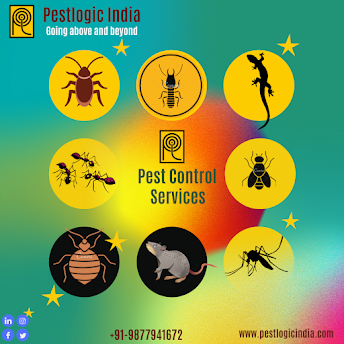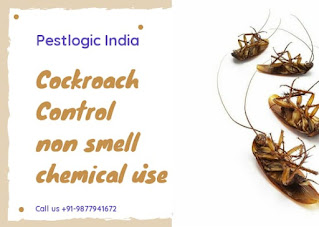Know about Anopheles Mosquito
The Anopheles mosquito is a significant vector for transmitting malaria, a life-threatening infectious disease caused by Plasmodium parasites. Here are key features and information about the Anopheles mosquito:
Identification:
- Anopheles mosquitoes are easily identified by their unique characteristics, including a palps structure that is as long as the proboscis, and resting position with their abdomen sticking up in the air.
Habitat:
- Anopheles mosquitoes breed in freshwater sources like ponds, lakes, and slow-flowing rivers. They prefer clean and clear water for laying their eggs.
Life Cycle:
- The life cycle of the Anopheles mosquito includes four stages: egg, larva, pupa, and adult. The larvae develop in water and feed on microorganisms until they pupate and emerge as adults.
Nocturnal Feeders:
- Anopheles mosquitoes are primarily nocturnal feeders, meaning they are most active during the night. They are known for their preference to bite humans rather than animals.
Malaria Transmission:
- Anopheles mosquitoes are the primary vectors responsible for transmitting Plasmodium parasites, the causative agents of malaria, to humans. When an infected mosquito bites a person, the parasites are transferred to the bloodstream.
Species Diversity:
- The Anopheles genus includes numerous species, and not all of them transmit malaria. The ability to transmit the disease depends on factors such as species, geographical location, and environmental conditions.
Global Distribution:
- Anopheles mosquitoes are found globally, but the distribution of specific species varies. Regions with a higher prevalence of malaria typically have a higher abundance of malaria-transmitting Anopheles species.
Preventive Measures:
- Preventing malaria transmission involves using bed nets treated with insecticides, wearing protective clothing, and applying mosquito repellents. Additionally, controlling mosquito breeding sites is crucial for malaria prevention.
Malaria Impact:
- Malaria remains a major public health concern, particularly in sub-Saharan Africa. It affects millions of people, causing significant morbidity and mortality.
Research and Control Efforts:
- Ongoing research aims to understand the behavior, biology, and genetics of Anopheles mosquitoes. Control efforts involve insecticide-treated bed nets, indoor residual spraying, and community-based interventions.
Understanding the biology and behavior of Anopheles mosquitoes is essential for implementing effective malaria control strategies. Ongoing research and global initiatives aim to reduce the burden of malaria by targeting these vectors and interrupting the transmission cycle.
Vikas K Kalsyan (Microbiologist)
Pestlogic India - Mohali









Comments